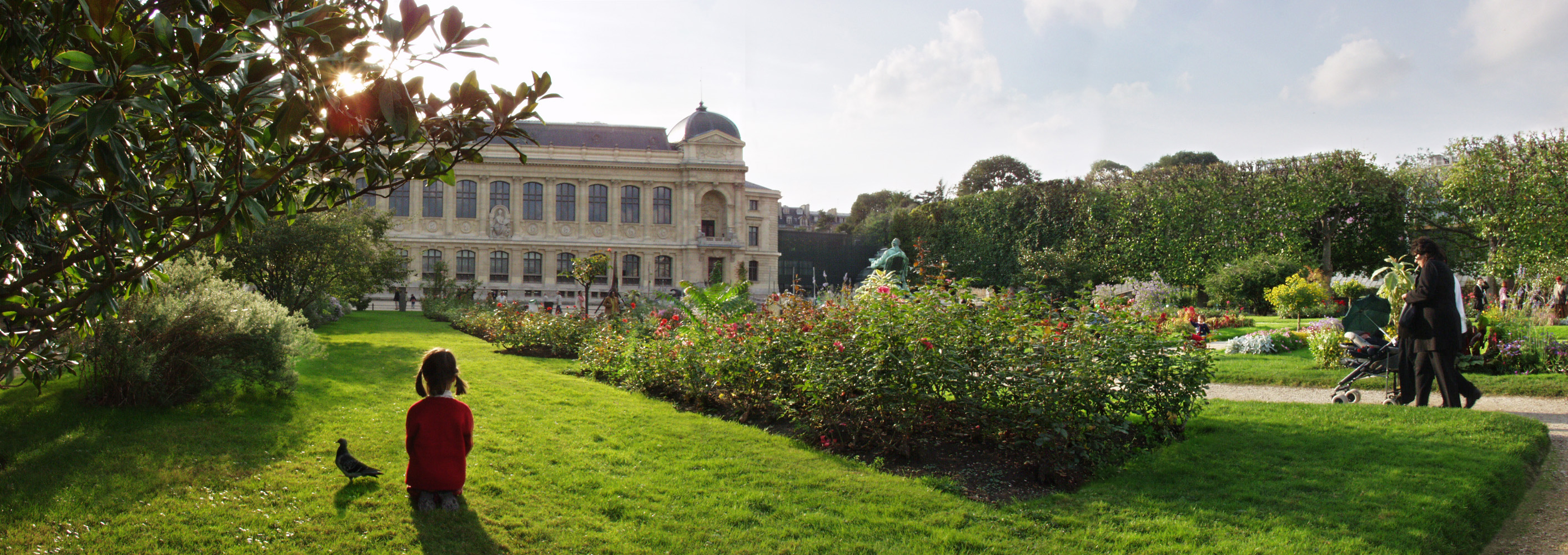Centre d’Écologie et des Sciences de la Conservation

Le CESCO développe des recherches pour la conservation de la biodiversité, en mobilisant des approches d’écologie et d’évolution ainsi que des interfaces avec les sciences sociales (sciences politiques, sciences de gestion et psychologie).

CENTRE D’ECOLOGIE ET DES SCIENCES DE LA CONSERVATION
43 et 61 rue Buffon
75005 Paris
Attention : dans le cadre du plan VigiePirate actuel, l’entrée se fait au 43 Buffon
SITE DU MUSEUM A BRUNOY
4 avenue du Petit-Château
91800 Brunoy
01 60 47 92 04 / 92 05
STATION MARINE DE CONCARNEAU
Place de la Croix
29182 Concarneau






